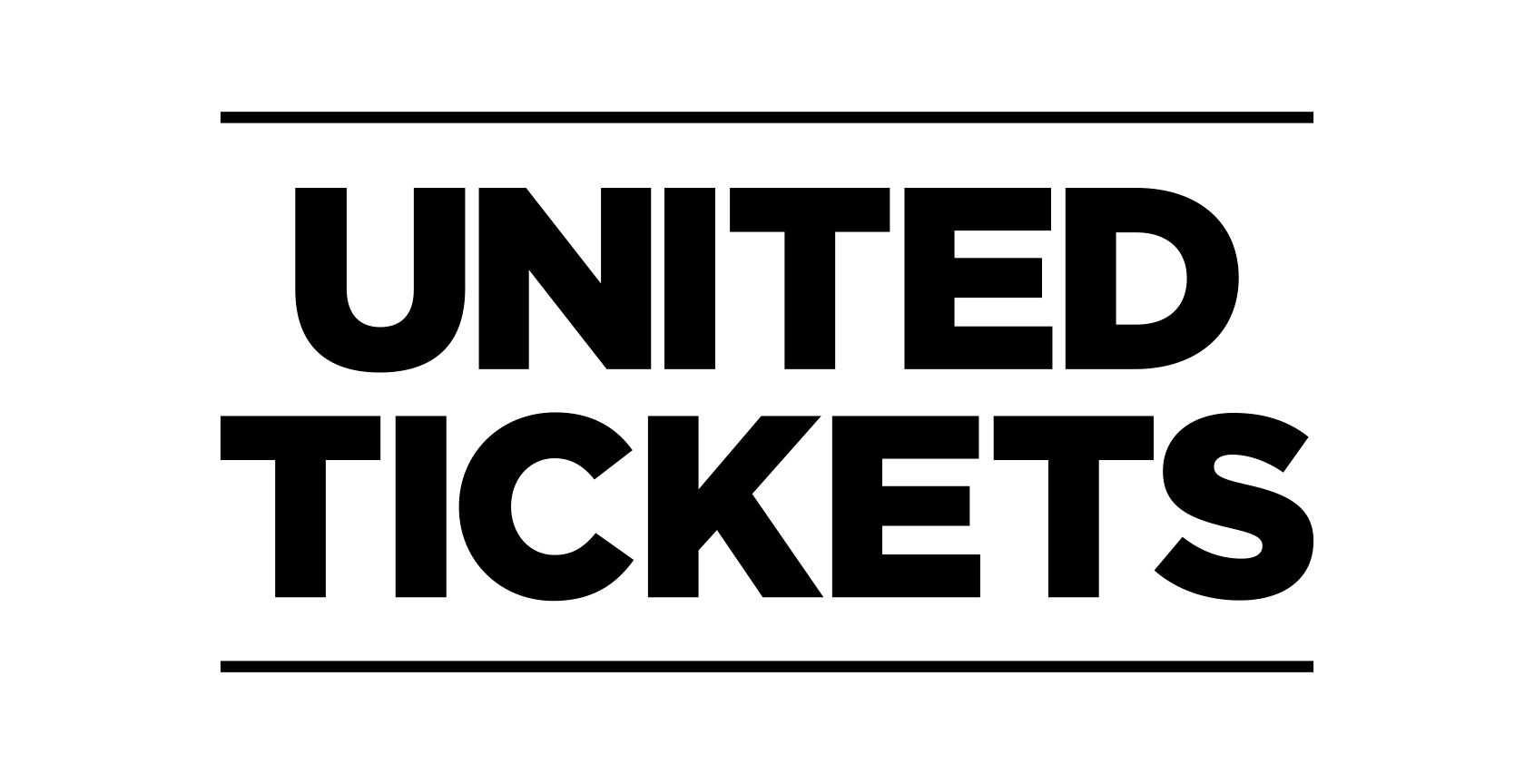
Quatuor Ébène
Mogens Dahl Koncertsal / København S / 12. okt. 2025 / 20:00
Quatuor Ébène
The Ébène Quartet is arguably the most sought-after string quartet of the moment, and their tour repertoire is nothing short of impressive. The ensemble maintains an awe-inspiring level of performance, characterised by an almost electric presence on stage and a constant pursuit of connection with the audience.
The programme opens with Mozart’s String Quartet No. 15, part of the set of six quartets, Opus 10, dedicated to his friend and mentor Joseph Haydn. While Haydn is often referred to as the father of the string quartet, Mozart can be seen as the composer who, inspired by Haydn’s own quartets, evolved the genre in ways that paved the path for Beethoven’s groundbreaking contributions.
Haydn and Mozart held deep mutual admiration, and Haydn notably praised the six quartets of Opus 10 for their assured musicianship and unparalleled thematic richness.
The evening concludes with Johannes Brahms’ String Quartet No. 2, composed in 1873. Brahms wrestled for many years with the form before feeling ready to publish and perform his quartets. He is said to have measured his efforts against Mozart’s six “Haydn” quartets, all while feeling overshadowed by Beethoven’s pioneering legacy in the genre. Only with his first and second string quartets did Brahms feel he had finally succeeded.
There is, in other words, a clear line of connection between the quartets of Mozart and Brahms — a line that leads us toward Claude Debussy’s String Quartet, composed in 1892 when Debussy was 31 years old. Just twenty years separate the works of Brahms and Debussy, yet their musical language reveals an entirely different world.
Debussy’s quartet (which the Ébène Quartet has recorded) is overtly impressionistic in its free treatment of tonal relationships. One of Debussy’s composer colleagues even remarked on a discernible Russian influence, particularly in the first two movements.
The string quartet, as a form of expression, has continued to inspire and challenge composers to this day. This evening, we experience both its origins and a beautiful, vital step along its ongoing journey.
PROGRAMME
W.A. Mozart (1756–1791): String Quartet No. 15 in D minor, K. 421
Claude Debussy (1862–1918): String Quartet in G minor, Op. 10
***
Johannes Brahms (1833–1897): String Quartet in A minor, Op. 51 No. 2
